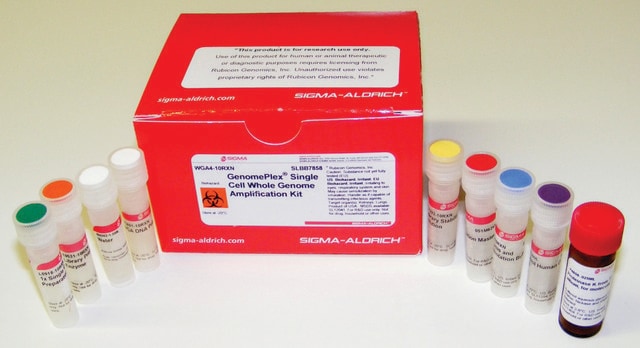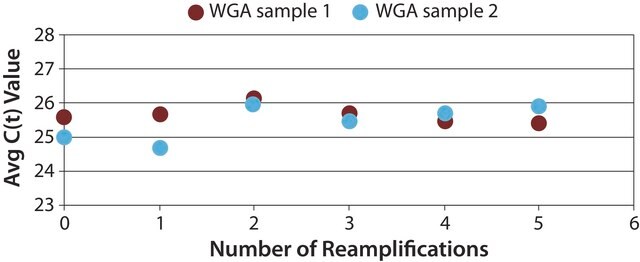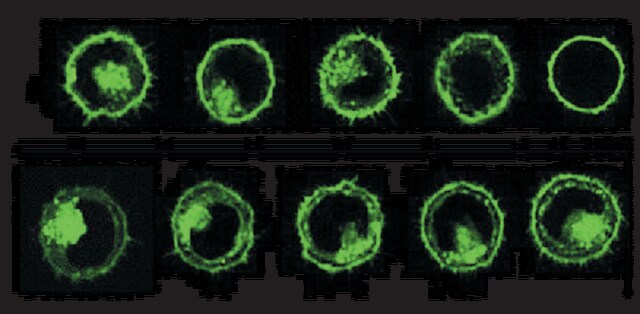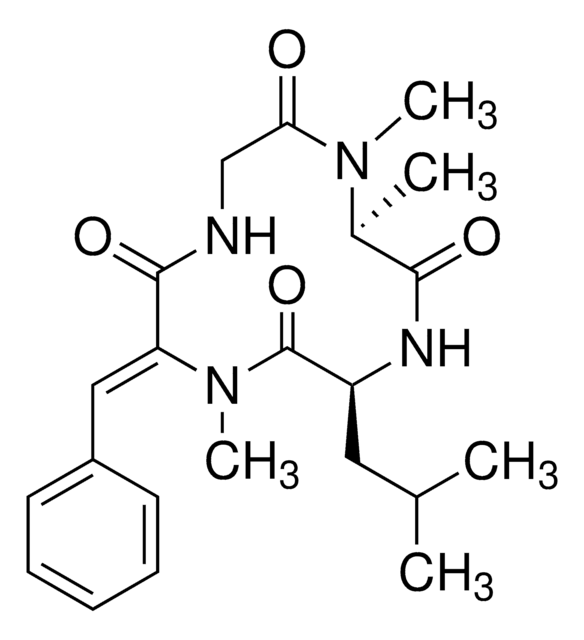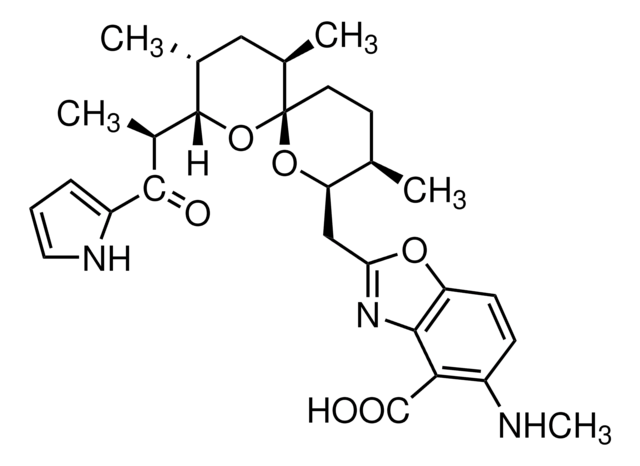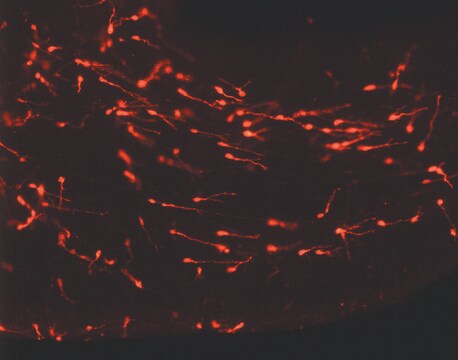WGA1
GenomePlex® Whole Genome Amplification (WGA) Kit
Kit for whole genome amplification from a variety of DNA sources including FFPE tissue
About This Item
Recommended Products
General description
WGA Kit utilizes a proprietary technology based on random fragmentation of genomic DNA and conversion of the resulting small fragments to PCR-amplifiable library molecules flanked by universal priming sites. WGA is achieved by PCR amplification of the library molecules using universal oligonucleotide primers.
GenomePlex method allows the researcher to generate a representative, ~500-fold amplification of genomic DNA. The amplification yield is dependent on the purity and amount of starting material. This kit contains all the required reagents to perform library preparation and fragmentation.
Application
Features and Benefits
- Higher yield from minimal template: Amplification of nanogram amounts (10ng) of genomic DNA to microgram yields (5-10 μg) in less than about three hours
- Nanograms of samples can be preserved at –20 °C for future use
- Choose from a variety of DNA sources: whole blood, buccal swab, blood card, plant, soil, and formalin-fixed paraffin-embedded tissue (FFPE)
- Compatible with a wide variety of downstream applications such as TaqMan® and BeadArray assays
- Universal primers
- Whole-genome representation with no detectable bias
- Increased accuracy in amplification produces no amplicon in the negative control reactions
Other Notes
Legal Information
Kit Components Also Available Separately
- W4502Water, Nuclease-Free Water, for Molecular BiologySDS
recommended
related product
Storage Class Code
10 - Combustible liquids
WGK
WGK 3
Flash Point(F)
Not applicable
Flash Point(C)
Not applicable
Certificates of Analysis (COA)
Search for Certificates of Analysis (COA) by entering the products Lot/Batch Number. Lot and Batch Numbers can be found on a product’s label following the words ‘Lot’ or ‘Batch’.
Already Own This Product?
Find documentation for the products that you have recently purchased in the Document Library.
Customers Also Viewed
Articles
The ultimate biological unit lies within a single cell. Many biological disciplines have taken aim to elucidate the causes of cellular differentiation at this level.
Protocols
Archived formalin-fixed and paraffin-embedded (FFPE) tissue collections represent invaluable resources for studying pathogenesis of cancer and a variety of other diseases.
Archived Formalin-fixed, Paraffin-embedded (FFPE) tissue samples are invaluable resources for profiling gene expression and studying a variety of diseases.
Genomic DNA from soil samples can be easily damaged by nucleases and contaminating debris resulting in low DNA yields. As a result, the researcher’s ability to perform downstream analysis may be compromised. After isolating DNA from the soil sample, the GenomePlex® Whole Genome Amplification Protocol is followed
GenomePlex is a Whole Genome Amplification (WGA) method that allows the researcher to generate a representative, 500-fold amplification of genomic DNA
Related Content
GenomePlex® Whole Genome Amplification is the method of extracting DNA from the animal sample. GenomePlex® products have been used to amplify genomic DNA from chicken, porcine, bovine, fish, and shrimp source.
Our team of scientists has experience in all areas of research including Life Science, Material Science, Chemical Synthesis, Chromatography, Analytical and many others.
Contact Technical Service
